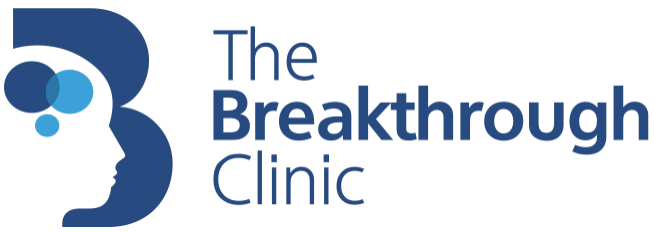Alex had a drug problem-- "slamming" also known as injecting methamphetamines. Though he hadn't been using for about a year, he still couldn't seem to shake the lingering thoughts and desires to go back. The cravings, the memories... they seemed to call him back, especially when he was overworked, lonely or stressed out. "Will I ever fully get beyond this?" he wondered. "Will I ever leave this behind once and for all?"
Unlike many others, Alex started his drug problem in his 30's. A loss of a family member left him particularly lonely and angry. And Alex was the kind of guy who didn't open up easily around others. He liked to "go it alone" when problems hit. "I believe I'm the only one I can really rely on when things get really hard," he said. "Maybe that's why I kept this drug thing a secret for so long." It was during this painful time that Alex got introduced to slamming by a friend. "That rush, that feeling of waiting, maybe 10 seconds, between the time I injected until that hit of euphoria, it's unlike anything. It's feeling invincible."
Even thinking of slamming brought back that euphoric feeling, and within moments, the cravings returned. "I sometimes think these desires to go back to slamming will always be with me. I hate the idea of calling myself an 'addict.'"
Working with a licensed psychologist at The Breakthrough Clinic, Alex was able to work with his therapist to rapidly eliminate the euphoric feeling that got associated with slamming. "I'm in disbelief. In 3 sessions, I'd say 80% of my desire to slam is now gone. I almost never think about it any more. I'm in shock."
Between sessions, Alex was given a small electromagnetic device by his psychologist which helped him eliminate his cravings when they arose. It would regulate his mood between sessions without medication of any kind. By pressing it against his forehead and adjusting the intensity on his smart phone (the device and his phone were wirelessly connected) Alex was able to greatly reduce his cravings within minutes.
By his 5th therapy session, Alex reported absolutely no desire to slam. "It never even occurs to me. Those memories of getting high, they seem so blurred and faded. It's like "Eternal Spotlight," have you seen that movie?" he asked his therapist. His therapist knew, and many clients before Alex had asked the same question. "The one where a guy gets his memories erased?"
"Yeah. Only, I can remember the memories of getting high, it's just... I don't care about them any more. It's like they have no meaning, they don't call me back like they used to. In fact, the idea of injecting myself just seems gross. Disgusting."
With no desire to get high, and no temptation to relapse, Alex no longer considers himself an addict. But he had one more step in his recovery. He did have to learn to reach out to others and lose the "go it alone" stance in his life. He was still a guy who was isolated and lonely. At his psychologist's recommendation, he spent several sessions working on getting better at reaching out to others when he was in pain. "I've 'turned inward' my whole life. And it's cost me."
" I needed a way to cope with my pain, loneliness and stress without a substance. That was the final piece of the puzzle." With time and effort, Alex got better. A month later, and after joining a local men's group, he stated, "I've been challenging myself to open up more, to pick up the phone and call a friend. It doesn't feel comfortable at first, I'm not gonna lie, but I can now say I have a network of friends I really trust. That's key to keeping me healthy." I came in, thinking drug abuse was my main problem. Now I see it was just my symptom. I didn't know how to manage my emotions or identify my triggers. Now I do. Doing this work has caused me to grow up and move into a more fulfilling, happy life and become a more mature person-- the man I was meant to be."

